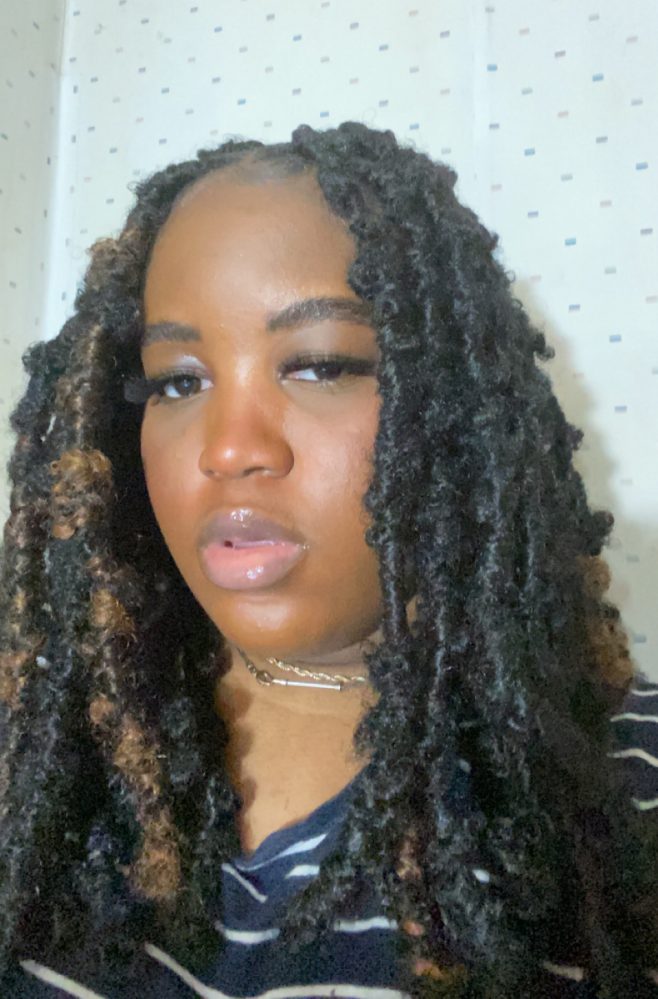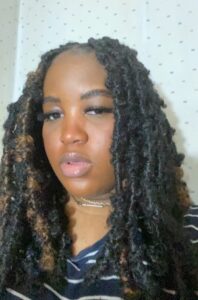Bello ’22 Awarded Beinecke Scholarship


Zubaida Bello ’22 is one of 16 people nationwide to win the Beinecke Scholarship in 2021. Bello, who aims to pursue a PhD in history and become a college professor, will receive $4,000 immediately prior to entering graduate school, as well as $30,000 while attending.
Last year, the scholarship was awarded to Mellon Mays Fellow Katerina Ramos-Jordán ’21, who was the first Wesleyan student to receive the award in 13 years.
“The program seeks to encourage and enable highly motivated students to pursue opportunities available to them and to be courageous in the selection of a graduate course of study in the arts, humanities and social sciences,” reads the scholarship website.
At Wesleyan, Bello is a double major in African American studies and history, a Mellon Mays Undergraduate Fellow, and a Fall ’21 Center for Humanities fellow. She transferred to Wesleyan from Hampshire College, where she worked on a project that incorporated history, ethnography, and poetry to share the stories of the women in her family. This led Bello to enter and win New York City’s poetry slam, create an open mic collective, and write a manuscript called How to Stop the Burning, later published as her debut chapbook.
On campus, Bello’s Mellon Mays research focuses on the causes of gentrification in Brooklyn. She compares colonization and gentrification and uses archives and ethnography in order to delve into gentrified people’s experiences, as well as those of housing rights activists, redevelopers, and gentrifiers. Bello intends to share her research with Brooklyn nonprofits, such as the Brooklyn Tenant’s Council Inc. or the Housing Rights Initiative.
“Ultimately, I want to become a professor because I want to teach other people with my new understanding of history, build bonds with the communities I research, and publish books that exhibit my interdisciplinary understanding of history,” Bello wrote in her essay for the Beinecke Scholarship.
Bello, quoted in the Wes and the World blog, explained how she wants to use her studies in history to forge new paths for marginalized people and communities.
“I want to develop a pedagogy of history that gives due importance to the rebellious actions of marginalized people, that evades the apathy that often comes with Eurocentric, patriarchal standards of neutrality, and understands diverse modes of storytelling as other forms of history,” Bello said.

